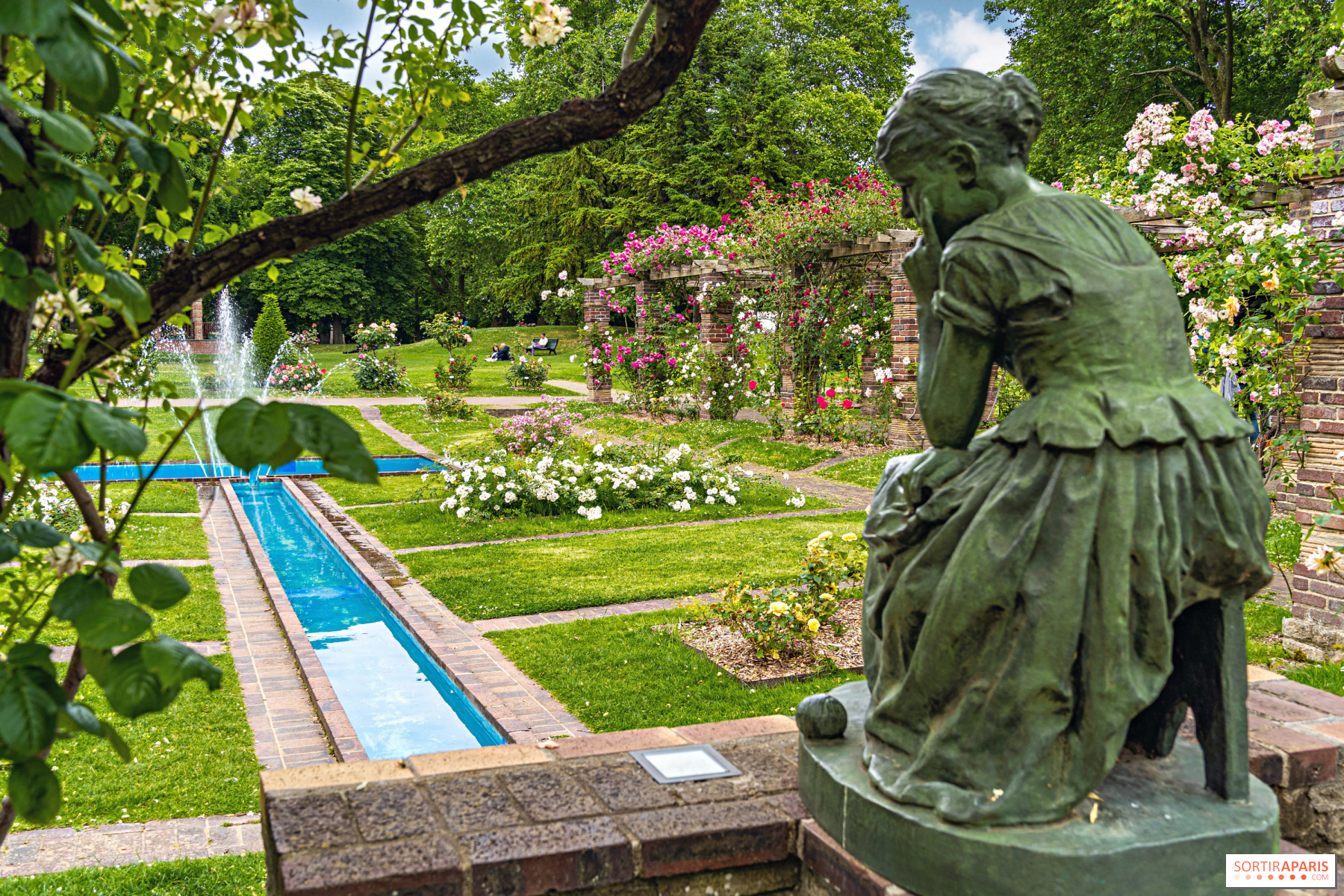
- Select a language for the TTS:
- UK English Female
- UK English Male
- US English Female
- US English Male
- Australian Female
- Australian Male
- Language selected: (auto detect) - EN
Play all audios:
* Public Health England Promotional material [WITHDRAWN] NEWBORN HEARING SCREENING: REACTION TO SOUNDS CHECKLIST Updated 16 September 2021 THIS PROMOTIONAL MATERIAL WAS WITHDRAWN ON 16
SEPTEMBER 2021 Please refer to the combined making and reacting to sounds checklists. CONTENTS * Checklist * If you think your child may have hearing difficulties Print this page © Crown
copyright 2021 This publication is licensed under the terms of the Open Government Licence v3.0 except where otherwise stated. To view this licence, visit
nationalarchives.gov.uk/doc/open-government-licence/version/3 or write to the Information Policy Team, The National Archives, Kew, London TW9 4DU, or email: [email protected].
Where we have identified any third party copyright information you will need to obtain permission from the copyright holders concerned. This publication is available at
https://www.gov.uk/government/publications/newborn-hearing-screening-reacting-to-sounds-checklist/newborn-hearing-screening-reaction-to-sounds-checklist This checklist and the ‘Making sounds
checklist’ give advice on what to look for as your baby grows to check if they can hear. Not all babies can do things at the same age. The ages presented here are just a guide. This
checklist was adapted with permission from B. McCormick, 1982. CHECKLIST SHORTLY AFTER BIRTH A baby: * is startled by a sudden loud noise such as a hand clap or a door slamming * blinks,
opens eyes widely, stops sucking or starts to cry to such sounds 1 MONTH OLD A baby: * starts to notice sudden, prolonged sounds like the noise of a vacuum cleaner and may turn towards the
noise * pauses and listens to noises when they begin 4 MONTHS OLD A baby, even when they cannot see the source of a sound: * goes quiet or smiles at the sounds of a familiar voice * turns
their eyes or head towards a familiar voice * shows excitement at sounds (such as voices, footsteps and so on) 7 MONTHS OLD A baby, if not too busy with other things: * turns immediately to
a familiar voice across the room * turns immediately to very quiet noises made on each side 9 MONTHS OLD A baby: * listens closely to familiar, everyday sounds * searches for very quiet
sounds made out of sight 12 MONTHS OLD A baby: * shows some response to own name * may respond to expressions like ‘no’ and ‘bye bye’ even when any accompanying gesture cannot be seen IF YOU
THINK YOUR CHILD MAY HAVE HEARING DIFFICULTIES If at any stage in the baby or child’s development you think they may have difficulties hearing, contact your health visitor or doctor. Back
to top



:max_bytes(150000):strip_icc():focal(299x289:301x291)/lori-vallow-Joseph-Ryan-b5081436a1734d02ab4db6eaf7485819.jpg)




